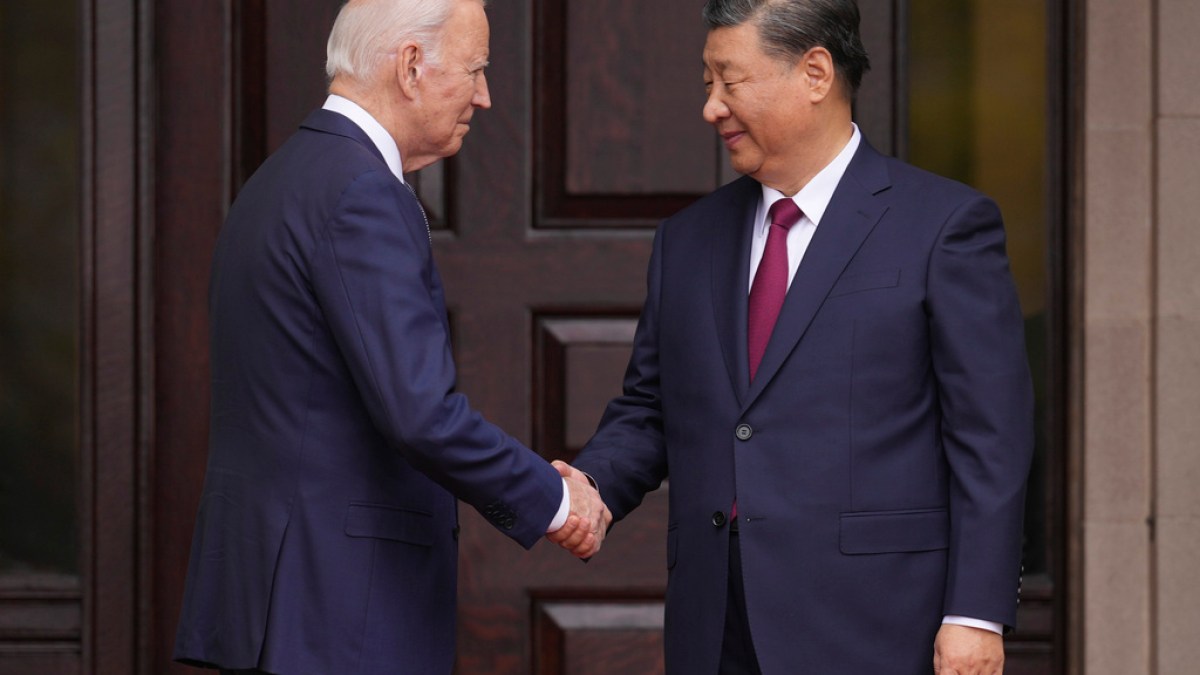Rafah exodus reaches 360,000 as UN underscores $2.8 billion aid appeal for Gaza, West Bank — Global Issues

Rafah exodus reaches 360,000 as UN underscores $2.8 billion aid appeal for Gaza, West Bank — Global Issues
“Nearly 360,000 people have fled Rafah since the first evacuation order a week ago,” the UN agency said in a post on X, referencing leafleting by the Israeli military ordering those in eastern Rafah to leave their shelters.
In another alert, UNRWA warned of ongoing “restricted humanitarian access” to and across the Gaza Strip that was now “a matter of life or death” for Gazans already suffering “relentless bombardments and food insecurity”.
The development comes one week since Israel moved ahead with its military offensive in Rafah, seizing control of the Gaza side of the Rafah border crossing and Kerem Shalom crossing.
“We immediately and urgently need safe passage for humanitarian aid and workers,” the UN agency insisted, amid fresh reports of more clashes and shelling in Jabalia refugee camp in the north of the enclave.
“Bombardments and other evacuation orders have created more displacement and fear for thousands of families” in the north, UNRWA said. “There’s nowhere to go. There’s NO safety without a ceasefire.”
The UN agency also reported on Monday that another staff member had been killed in Gaza, bringing the total number of staff killed in the war to 189.
The individual – a 53-year-old senior projects officer – was believed to have died in an Israeli strike in the central town of Deir Al Balah, after leaving Rafah. “He leaves behind a wife and four children,” the agency said.
Funding appeal
In a related development, the UN again highlighted its $2.8 billion appeal to support more than three million people in Gaza and the West Bank over the next eight months.
“For months, women and children have been killed at a rate that exceeds any war in this century. And those who’ve escaped death and injury now risk losing their lives because of a lack of food, safe water, medicine and healthcare,” said Joyce Msuya, Assistant-Secretary-General for Humanitarian Affairs and Deputy Emergency Relief Coordinator.
Speaking in Kuwait, Ms. Msuya described how every day, “scores of women give birth in horrifying conditions, often without anesthesia or medical aid, as bombs explode around them”.
“Mothers watch their babies die in their arms because they don’t have enough milk to keep them alive. And children are dying because they don’t have enough food or water.”
So much can still be done
After more than seven months of war, at least 35,000 people have been killed, according to the Gaza health authorities. Another 70,000 more are wounded or missing, with many more trapped under the rubble.
Continuing funding is needed urgently to help those who depend on humanitarian aid to survive, the OCHA senior official said, insisting that even in the absence of a ceasefire, “there is still much we can do given the right conditions”.
She noted: “We are in daily access negotiations with the parties. We are coordinating the humanitarian response…We have pulled people out of the rubble and repatriated the bodies of aid workers, including those working for World Central Kitchen and Médecins Sans Frontières who were killed serving those in need.”
The OCHA official’s comments came as the aid coordination office reported new demolitions of Palestinian buildings in Al’Arrub Camp in the West Bank governorate of Hebron.
Latest data from the OCHA online portal indicates that 435 structures have been damaged or destroyed across the West Bank so far this year, displacing 824 people.



